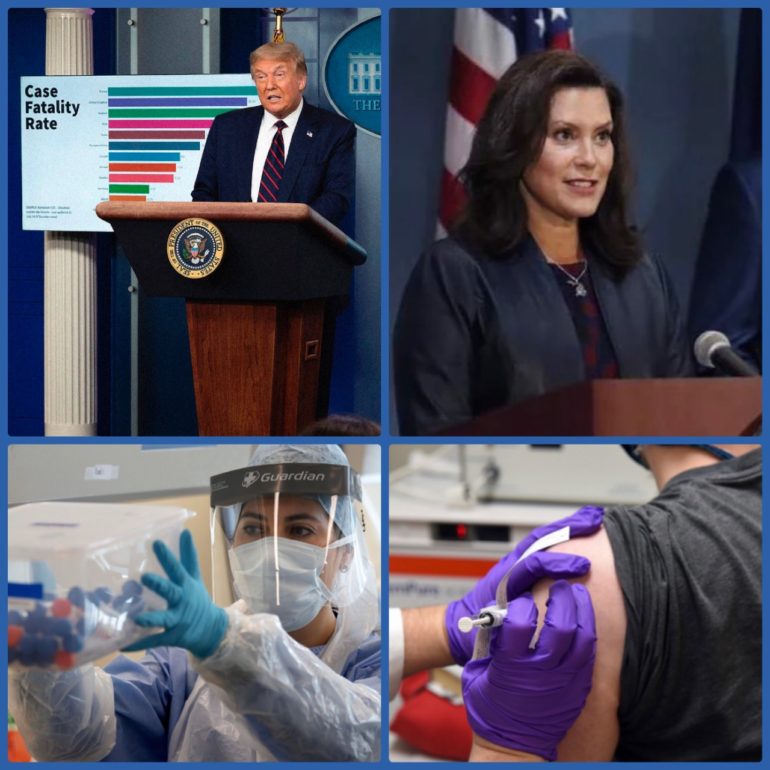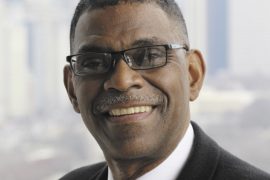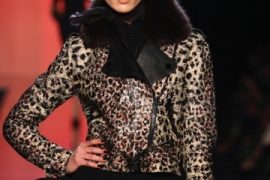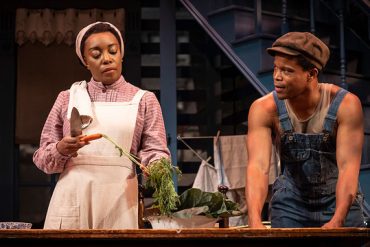In the midst of the coronavirus caterwaul, we get yet another surge of madness mayhem. The governor of Michigan is targeted for kidnapping. Our Chief Executive, aka the Dismal Demon, gets COVID-19 as the infection spreads among White House staff and guests. Meanwhile, Twitter moves to limit the spread of Trump’s erroneous tweets.
Amid this rhetorical rubble, stirs an understandably uneasy African American population. Many are concerned that our historic back-of-the-bus treatment will extend to the upcoming distribution of anti-viral vaccines now under development.
Think of it. Blacks are only 13 % of the U.S. population yet account for 30% of COVID infections and 26% of deaths. As a vaccine is developed various trials are required to examine the side effects, the safety, and any ethno-specific adverse reactions. Then there’s the inevitable obstacle to a fair distribution among minority populations. Already, leading pharmaceutical companies report difficulty to recruit minorities to participate in the ongoing vaccine trials. According to the PEW research group, Blacks comprise only 3% of volunteers for vaccine trials. This should not surprise. With so much disinformation swirling around, including that being tweeted from our ditsy White House, many African Americans are doubly prone to avoid the vaccine trials. Besides our understandable mistrust of the system, many are preoccupied with the exigencies of day-to-day survival.
Mistrust no mystery

For generations Black people have known about the Tuskegee Experiment where Alabama Black men were infected with syphilis in order to confirm research that would go on to benefit primarily white people. (See James Jones, author of Bad Blood.) Then there was Henrietta Lacks, the Black Baltimore woman who, while a patient at Johns Hopkins Hospital, had a sample of her unusually strong cancer cells removed without her permission. This led to one of the most enduring cell lines in research history, with no economic benefit to Lacks. (See Rebecca Skloot, The Curious Life of Henrietta Lacks.) Once it was common for Black-frequented healthcare facilities like Cook County Hospital to note race on donor forms so that Negro blood did not go to whites. Blood was segregated well into the 1950’s and in Louisiana until 1972. Then there was Dr. J Marion Sims, the Father of Modern Gynecology, who performed experiments during the 1830s … mostly on Black female slaves, without anesthesia.
Compounding the situation for many is the not-so-simple matter of day-to-day survival. It’s true there has been a decline in robberies and store burglaries due to store closings and shelter-in-place. Yet there has been a spike in violent shootings and killings in Black neighborhoods across major US cities. “We’re surrounded by murder and it’s almost like your number up” said one Kansas Black woman, doubtless speaking for many.
Schools, libraries, recreation centers and public pools have been closed. Nonprofits, churches and recreational sports leagues have scaled back. Mentors, social workers and counselors have been hampered by social distancing. Summer jobs programs were cut. Violence intervention workers are banned from hospitals. Group therapy programs that were one-on-one are now online. Without jobs and support activities. violence prone neighborhoods are experiencing a pandemic within the pandemic.
Police have pulled back in some cases due to the George Floyd and Breanna Taylor protests, not to mention social distancing requirements. Black students told to stay home for “remote learning” are increasingly exposed to street violence. For example a leading Charter high school for Black young men established a hybrid schedule of ½ time spent in class and ½ remote. During one remote home session, a promising young man was shot and killed at his residence.
Programs That Work
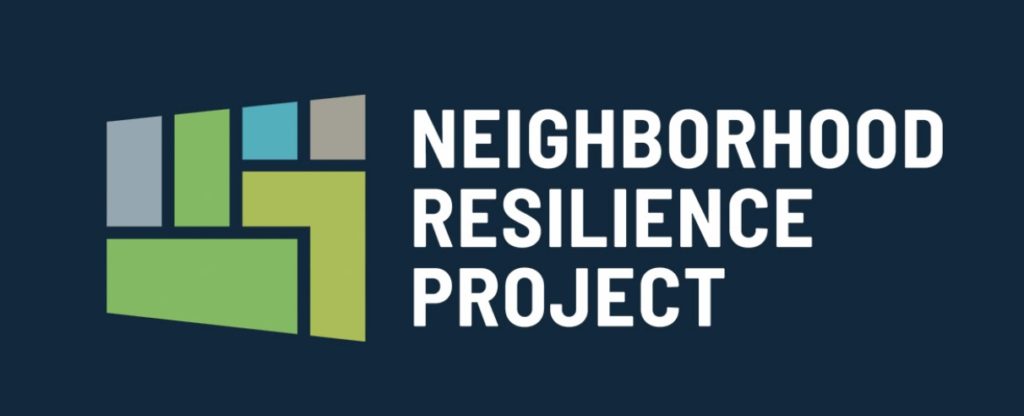
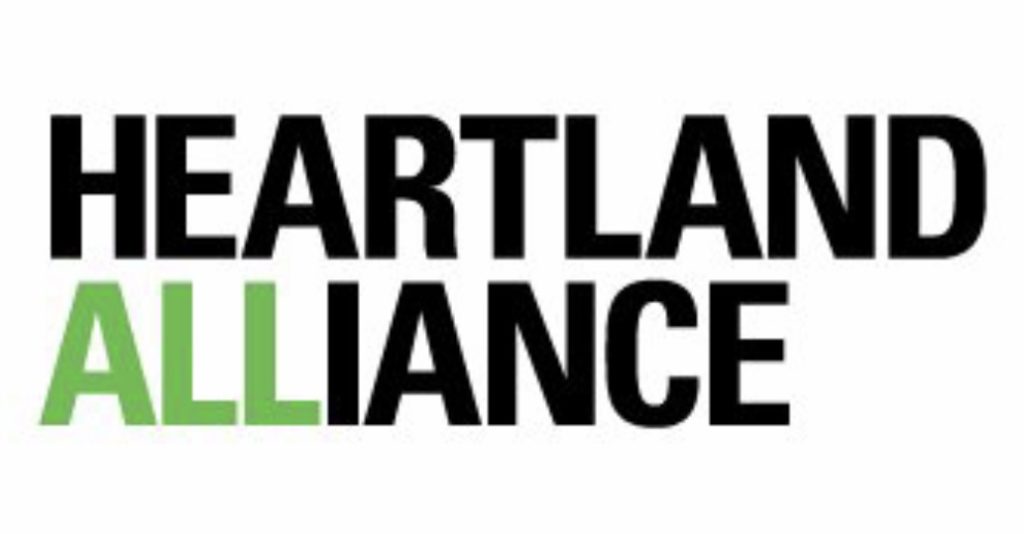
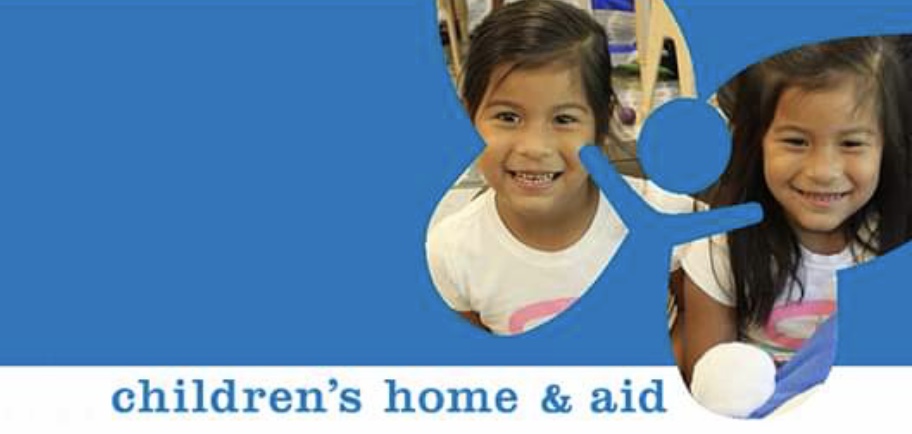
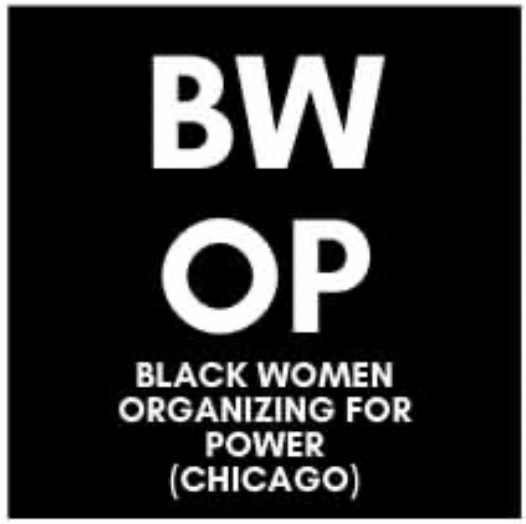
So how can Black America, saddled with historic distrust and struggling to survive, start winning its own distinct battle with COVID-19? Rev. Paul Abernathy of Pittsburgh’s Neighborhood Resilience Project is teaming with researchers from Duquesne and Pittsburgh Universities to develop a manual for communities on arresting decline and sustaining progress in Black neighborhoods. As quoted by writer Jan Hoffman in the New York Times, Abernathy argues “we cannot talk about vaccine without acknowledging the other epidemic—our kids aren’t being educated and food lines are longer. Hope is gone. That makes volunteering for the vaccine trials more meaningful right.? Telling them that, they will say ‘Are you kidding me?’ My house got shot-at last night. And you want to talk about Covid?”
In Chicago other models are being tested. Heartland Alliance, with its READI program, combines transitional jobs with behavior coaching and service for men at risk of gun violence. Children’s Home & Aid Society’s “Choose 2 Change” program has had success reducing violent crime, arrests and contact with the criminal justice system. Their model relies on mentorship with community advocates and group behavior designed to address trauma. Black Women Organized for Power (BYOP) is using zoom meetings and social media to organize and set agendas.
Testing the Testers
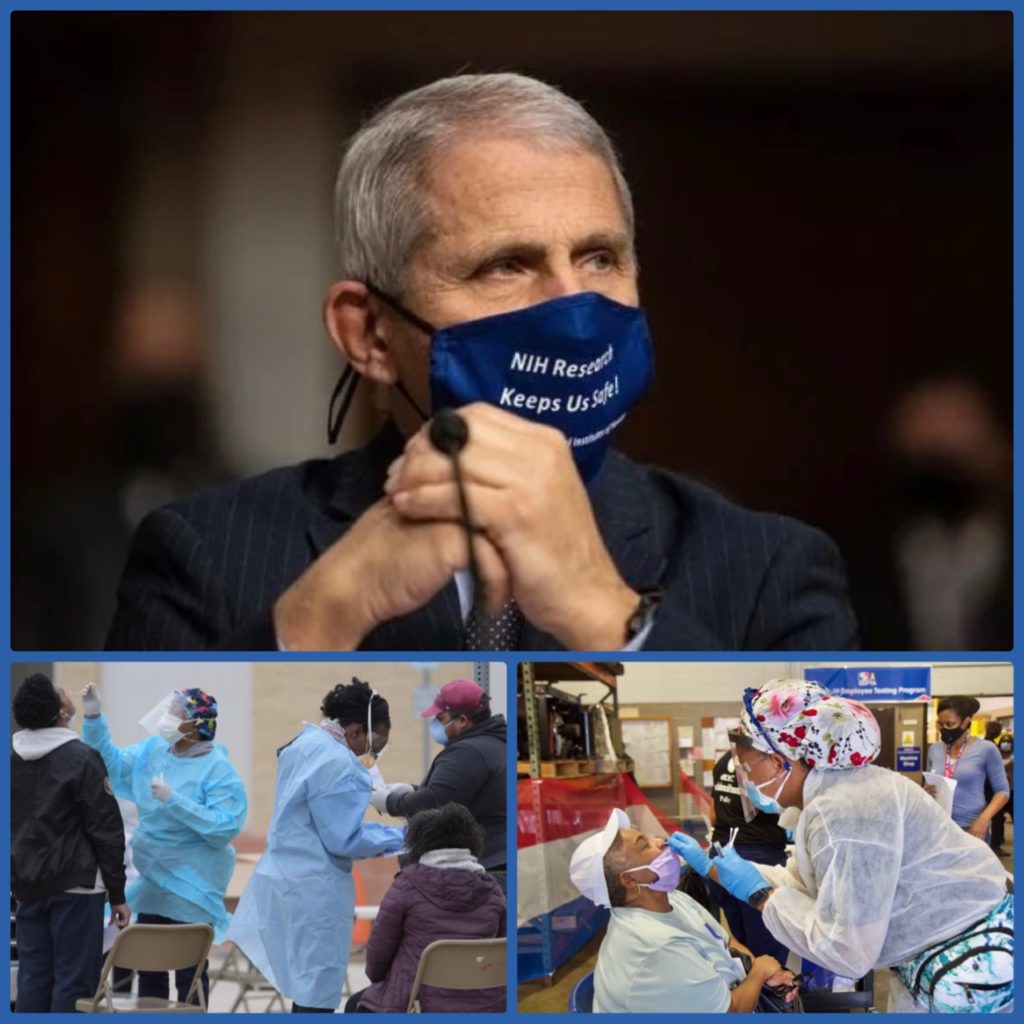
Still the problem remains: How to recruit more Blacks to participate in ongoing COVID vaccine trials so that the results will detect and reflect any Black anomalies? The esteemed epidemiologist, Dr. Anthony Fauci urges that African Americans be involved in Phase 3 trials now starting.
During Phase 3, thousands of participants receive an inoculation – either an experimental vaccine or a harmless placebo – so as to compare whether a vaccine prevents infection. Researchers must then wait until subjects have been naturally exposed in their communities. This process can take six months or more, even a year or longer, if the tested vaccine is to meet federal Food & Drug Administration standards before reaching the market.
Careful site selection is important. Some argue that drawing participants from communities where transmission is high can reduce risk to the tested volunteers because they would be more likely to catch the virus anyway. But this rationale ought not exploit at-risk populations vulnerable to the virus, ethics experts warn. These socioeconomic and racial disparities need especially to be taken into account when performing so-called “challenge” studies, wherein volunteers are deliberately infected with the virus after being inoculated with an experimental vaccine.
This inevitably recalls Tuskegee, Henrietta Lacks and others, and it immediately raises the question of: What if something goes wrong? What’s the recourse? The Wall Street Journal’s Peter Loftus and Susan Pulliam report the U.S. Government has paid out $4.4 billion in the past to compensate for damage caused by experimental vaccines for diseases ranging from flu to polio. Any future payouts for injuries due to COVID-19 will be paid out under an updated program known as the “countermeasures injury fund” set up to cover vaccines like flu, anthrax and Ebola. The new fund has a tougher threshold for proving a relationship between an injury and the vaccine. It also has a shorter statute of limitations, no avenue for appeals and doesn’t pay damages for pain or suffering like the older vaccine compensation program.
Sarah Rubenstein of the Wall Street Journal on-line cautions “Federal law does not require researchers to compensate participants harmed in such trials. It merely requires that their consent forms spell out whether compensation will be available for research-related injuries in trials that involve more than minimal risk.”
LIFT that “viral load”
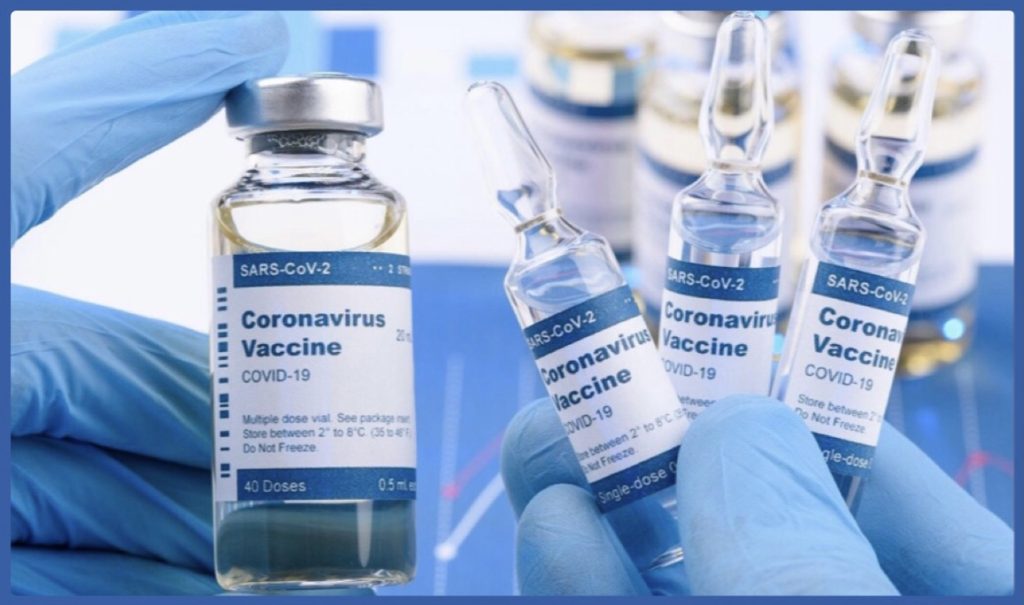
So where are we now? Blacks need to get accurate information on vaccine trials, on fairness in the final vaccine distribution and on insurance protection for vaccine malfunctions. All the while we must guard against the pandemic’s fallout of violence as we examine and then implement proven Community Advocacy models.
But it all begins with good information, and that can be hard to find in the shadow of a chief executive who has mocked the wearing of masks and who, because he managed to get himself infected, now claims to be “immune” to COVID-19. (He isn’t.)
So ignore the White House for now and instead dial-up your favorite Internet search engine and try some of these keywords:
New England Journal Medicine; American College of Physicians; Fauci; National Medical Association; Sherman Silverstein Lawyers; Georgia Clinical and Transitional – Community Engagement Program; NAACP Legal Defense Fund; Lawyers Committee on Civil Rights Under Law; Health and Medicine Policy Research Group.
And one bit of final, personal advice: stay in touch with your healthcare crew. Know who or where to call if and when you’re hit with symptoms. Have an action plan. I am fortunate because my docs are close friends, golf and dinner partners, all-around go-to guys. They have kept me healthy over the decades with flu and pneumonia vaccines, shingles vaccines and the rest. Their counsel on the hoped-for COVID-19 vaccine is this: “Wait until the politics are out of vaccine effectiveness.” Based on that, I’m playing it safe … and will check back on November 4.
Paul King is a construction consultant and member of Chicago’s Business Leadership Council.


